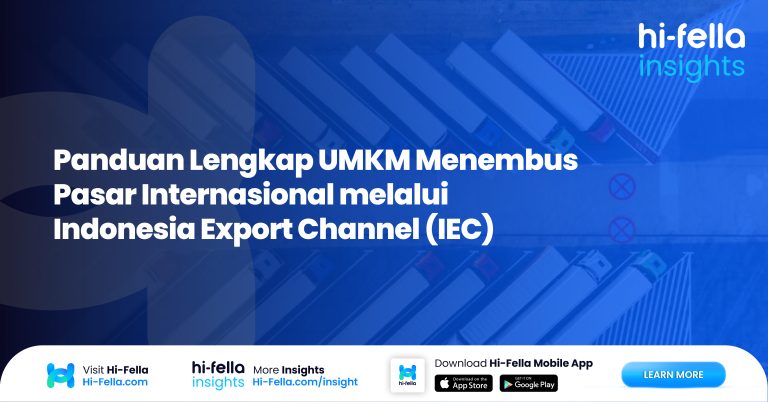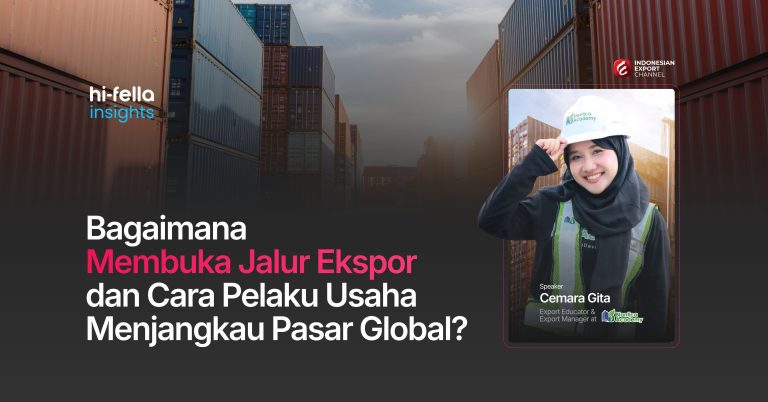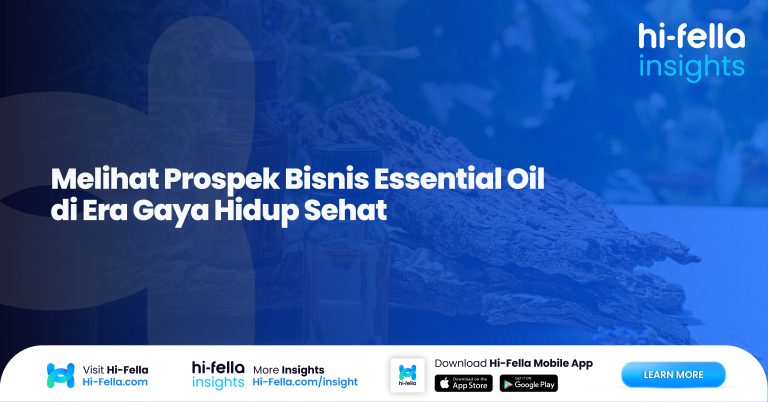Bea adalah tarif pajak yang dikenakan atas barang atau komoditas yang terlibat dalam aktivitas ekspor atau impor sehingga memengaruhi banyak aspek ekonomi suatu negara.
Oleh karena itu dalam artikel ini, kita akan membahas secara mendalam tentang apa itu bea masuk, fungsi utamanya, dan dampaknya terhadap ekonomi global. Yuk, simak selengkapnya!
Definisi Bea adalah Pungutan Pajak
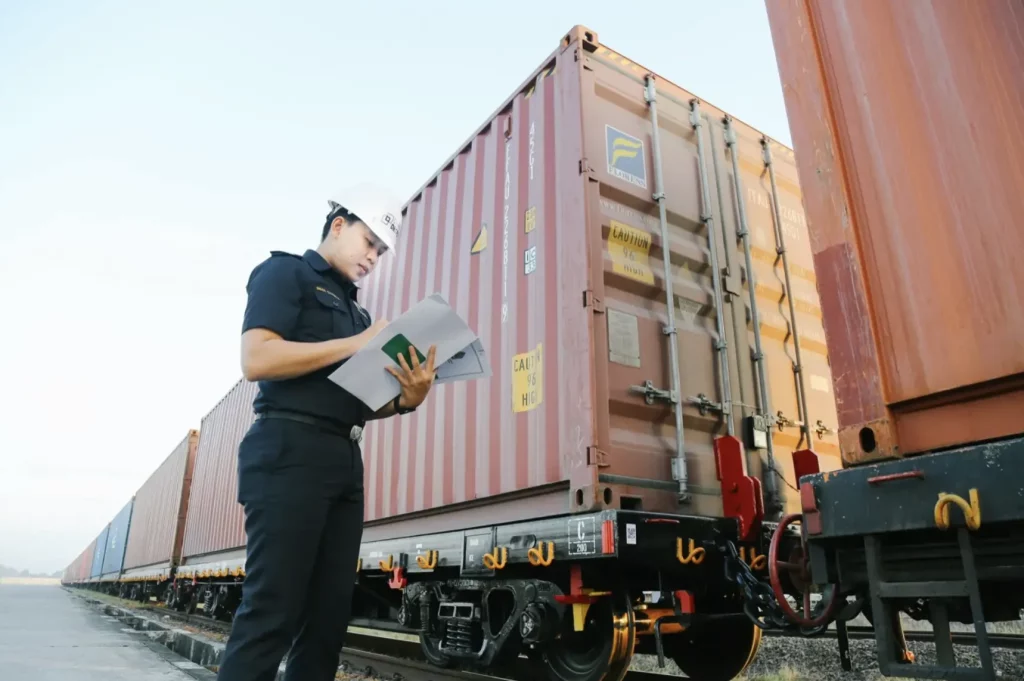
Sumber: Customspedia
Secara umum, bea adalah pungutan yang dikenakan oleh pemerintah pada barang yang diekspor atau diimpor.
Sebagai bagian dari kebijakan ekonomi suatu negara, bea berperan penting dalam mengatur aliran barang keluar masuk negara, yang pada gilirannya mempengaruhi berbagai aspek ekonomi negara tersebut.
Fungsi dan Tujuan Bea
Fungsi utama dari bea adalah untuk menghasilkan pendapatan bagi pemerintah. Bea masuk, misalnya, merupakan sumber pendapatan yang signifikan bagi banyak negara, khususnya yang memiliki volume impor yang besar.
Di sisi lain, bea keluar bisa digunakan sebagai alat untuk mengatur jumlah barang tertentu yang diekspor, seringkali untuk menjaga ketersediaan barang dalam negeri atau untuk mempertahankan harga pasar domestik.
Selain fungsi fiskal, bea juga bertujuan untuk melindungi industri dalam negeri dari persaingan luar yang berlebihan.
Dengan mengenakan bea masuk yang tinggi atas produk tertentu, pemerintah dapat mengurangi daya saing barang impor tersebut, sehingga memberi kesempatan kepada produsen domestik untuk berkembang.
Jenis-jenis Bea adalah Bea Masuk dan Bea Keluar
Setelah mengetahui bea adalah pungutan oleh pemerintah, berikut merupakan jenis-jenis bea yang dibagi menjadi dua jenis utama, yaitu:
1. Bea Masuk
Bea masuk adalah tarif atau pajak yang dikenakan pada barang yang diimpor ke suatu negara. Tarif ini bisa beragam tergantung pada kebijakan ekonomi negara, jenis barang, dan asal barang tersebut.
Bea masuk bertujuan untuk menambah pendapatan negara serta melindungi produsen dalam negeri dari kompetisi harga dengan produk impor.
2. Bea Keluar
Bea keluar adalah tarif yang dikenakan pada barang yang diekspor dari suatu negara. Meskipun tidak sepopuler bea masuk, bea keluar juga berperan penting dalam kebijakan ekonomi, terutama untuk mengatur atau membatasi ekspor barang-barang penting seperti sumber daya alam atau komoditas strategis.
Tujuannya bisa untuk menjaga ketersediaan di dalam negeri atau mempengaruhi harga pasar global.
Fungsi Bea Masuk dalam Perdagangan Internasional
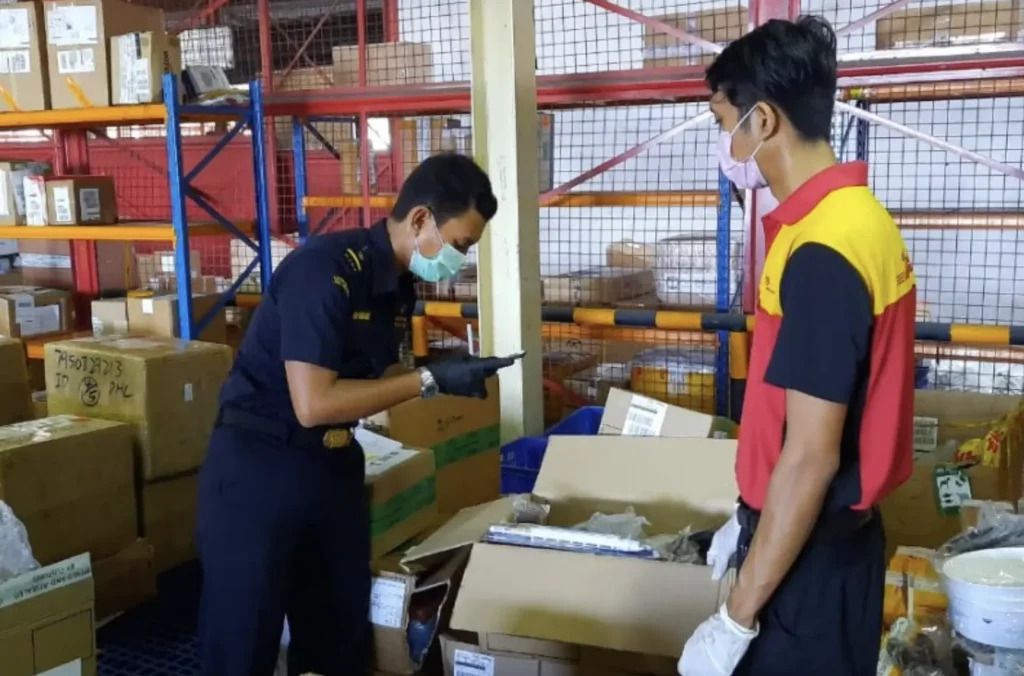
Sumber: SINDONews
Berikut ini merupakan fungsi bea masuk yang memiliki peran vital dalam perdagangan internasional, yaitu sebagai berikut:
1. Perlindungan Industri Domestik
Salah satu tujuan utama penerapan bea masuk adalah untuk melindungi industri domestik dari kompetisi yang dapat merugikan dengan barang-barang impor.
Dalam beberapa kasus, produk impor dijual dengan harga yang lebih rendah dibandingkan produk lokal karena biaya produksi yang lebih murah di negara asalnya.
Oleh karena itu, tanpa adanya bea masuk, industri lokal bisa jatuh karena tidak mampu bersaing. Bea masuk membantu menyeimbangkan lapangan bermain dengan menaikkan harga barang impor sehingga produk lokal menjadi lebih kompetitif di pasar domestik.
Hal ini juga dapat mendukung pelestarian lapangan kerja dan pertumbuhan industri domestik yang pada akhirnya dapat memperkuat ekonomi nasional.
2. Fungsi Bea adalah sebagai Sumber Pendapatan Negara
Bea adalah pungutan yang dikenakan oleh pemerintah yang merupakan sumber pendapatan yang vital bagi banyak negara.
Penerimaan dari bea masuk digunakan untuk mendanai berbagai program pemerintah dan layanan publik seperti infrastruktur, pendidikan, dan kesehatan.
Dalam beberapa kasus, pendapatan ini juga bisa digunakan untuk subsidi industri atau sektor tertentu yang strategis untuk pembangunan nasional.
Pajak ini juga membantu negara mengelola defisit perdagangan dengan mengurangi jumlah impor melalui tarif yang lebih tinggi, yang secara tidak langsung meningkatkan penggunaan produk-produk lokal.
3. Pengendalian Ekonomi
Bea masuk dapat digunakan sebagai alat untuk mengendalikan dan mengatur volume barang yang masuk ke dalam negara.
Dengan mengatur tarif bea masuk, pemerintah dapat mempengaruhi jenis dan jumlah barang yang diimpor, membantu dalam stabilisasi pasar domestik dan melindungi industri lokal dari fluktuasi pasar global yang tajam. Ini penting terutama dalam melindungi sektor-sektor yang dianggap vital untuk keamanan atau kestabilan ekonomi.
4. Menjaga Keseimbangan Perdagangan
Pajak impor juga membantu dalam menjaga keseimbangan perdagangan yang sehat antara negara-negara.
Dengan membatasi impor melalui tarif yang tinggi, negara dapat mendorong keseimbangan perdagangan yang lebih seimbang, mengurangi defisit perdagangan, dan mempromosikan industri lokal, yang pada gilirannya membantu dalam mempertahankan atau meningkatkan cadangan devisa.
5. Alat Kebijakan Luar Negeri
Bea masuk juga sering digunakan sebagai alat kebijakan luar negeri, di mana pemerintah dapat memberlakukan tarif khusus terhadap produk dari negara-negara tertentu sebagai respons terhadap kebijakan atau tindakan mereka.
Ini sering digunakan dalam negosiasi perdagangan atau untuk memberikan tekanan ekonomi terhadap negara lain guna mencapai tujuan politik atau ekonomi.
Dampak Bea Masuk terhadap Ekonomi
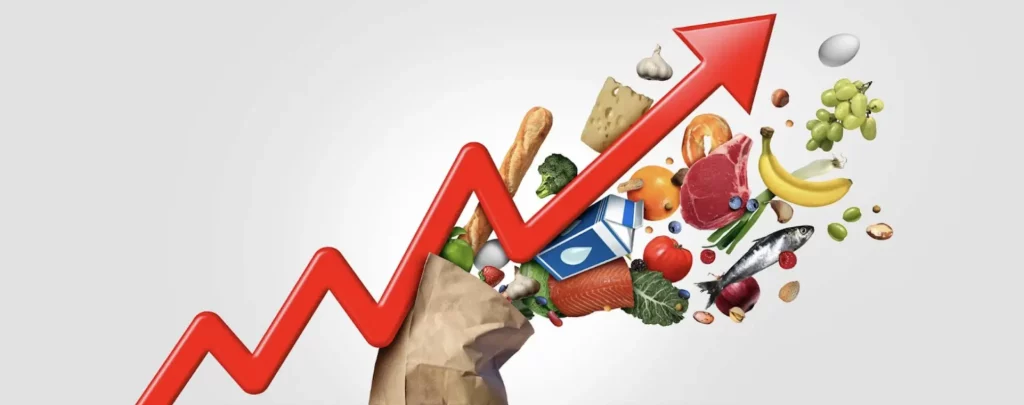
Sumber: IMF
Setelah mengetahui penjelasan mengenai bea adalah dan apa saja fungsinya, berikut ini merupakan dampak bea khususnya bea masuk terhadap perekonomian yaitu sebagai berikut:
1. Peningkatan Harga Barang
Salah satu konsekuensi langsung dari penerapan bea masuk adalah peningkatan harga barang impor. Ini secara teoritis dapat menguntungkan produsen dalam negeri dengan mengurangi persaingan harga dari barang impor.
Namun, sisi lain dari kenaikan harga adalah peningkatan biaya hidup bagi konsumen. Konsumen harus membayar lebih untuk produk yang sama, yang dapat mengurangi daya beli dan secara umum mempengaruhi kesejahteraan ekonomi.
2. Pengurangan Impor
Bea masuk yang tinggi cenderung mengurangi jumlah impor karena membuat barang-barang impor menjadi kurang menarik bagi pembeli domestik.
Meskipun ini dapat terdengar positif bagi industri lokal yang mendapatkan lebih sedikit kompetisi, pengurangan impor juga bisa berdampak negatif pada konsumen.
Ketika pilihan barang impor berkurang, konsumen mungkin terpaksa memilih alternatif domestik yang mungkin lebih mahal atau berkualitas lebih rendah.
3. Retaliasi dari Negara Lain
Penerapan bea masuk yang tinggi oleh suatu negara sering kali memicu reaksi dari negara-negara mitra dagang. Retaliasi ini bisa berbentuk tarif balasan yang akan dikenakan pada ekspor dari negara yang pertama kali menerapkan bea masuk tinggi.
Eskalasi seperti ini dapat berujung pada perang tarif, di mana kedua belah pihak menderita karena penurunan perdagangan lintas batas, yang pada akhirnya merugikan ekonomi kedua negara.
4. Distorsi Ekonomi
Bea masuk dapat menciptakan distorsi dalam ekonomi jika tidak dikelola dengan hati-hati. Proteksi yang berlebihan terhadap industri tertentu dapat menyebabkan ineffisiensi karena kurangnya tekanan untuk inovasi dan peningkatan.
Industri yang dilindungi oleh bea masuk yang tinggi mungkin tidak memiliki insentif untuk memperbaiki produk atau proses produksi mereka, yang pada gilirannya bisa menurunkan daya saing industri tersebut di pasar global.
Kesimpulan: Bea adalah Pungutan oleh Pemerintah
Itulah penjelasan mengenai bea adalah suatu pungutan yang dilakukan oleh pemerintah, penjelasan seputar bea masuk dan dampak bea masuk bagi pereknomian.
Bea masuk adalah tarif pajak yang dikenakan pada barang impor, berfungsi sebagai alat penting dalam regulasi perdagangan internasional dan ekonomi suatu negara.
Fungsi utamanya meliputi perlindungan industri domestik, sumber pendapatan negara, dan pengendalian ekonomi.
Bea masuk tidak hanya mempengaruhi keseimbangan perdagangan, tapi juga sebagai alat kebijakan luar negeri.
Dampaknya pada ekonomi mencakup peningkatan harga barang, pengurangan impor, dan distorsi ekonomi.
Melalui penerapan regulasi yangtepat oleh pemerintah, bea masuk dapat digunakan untuk mendukung perkembangan ekonomi nasional sekaligus menjaga stabilitas ekonomi global.





